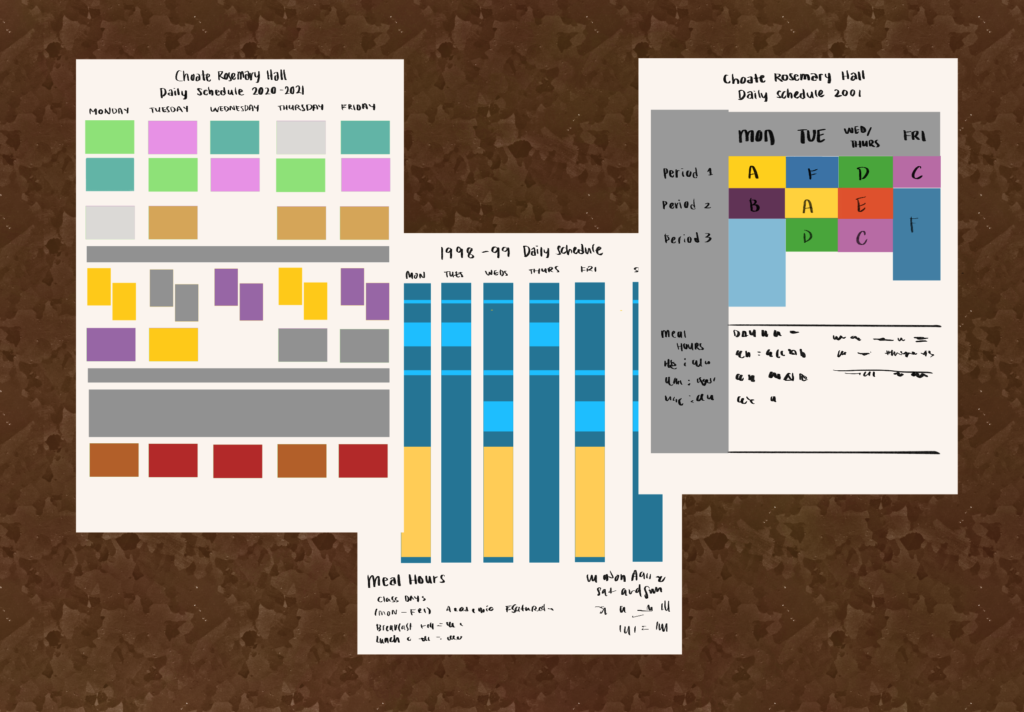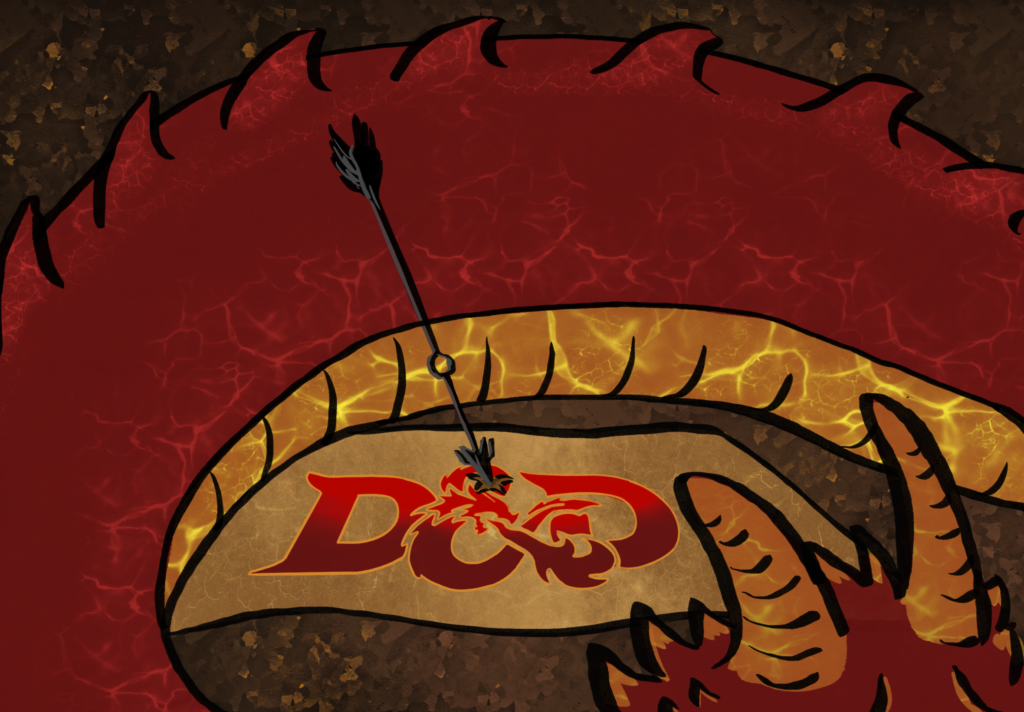
The Choate Network blocks three groups of sites: pornography, gambling, and those promote hate groups.
Amidst great uproar, the FCC’s Republican majority voted to repeal Obama-era net neutrality mandates on December 14, 2017. This change means that in the near future, internet service providers will be able to create slow and fast lanes for use and block content and applications that they disagree with. However, here at Choate, the internet is technically not open: it first passes through a firewall that blocks certain sites, and it also shuts off at different times depending on one’s form.
According to Mr. Andrew Speyer, Director of Information Technology Services, Choate uses a firewall because “We think that there’s certain categories of sites that are addictive and harmful. We only block three groups of sites: pornography, gambling, and websites that sponsor hate groups. The one exception to that is faculty access to the CT lottery, which is technically gambling. The firewall that we use maintains a subscription service that checks sites and either whitelists or blacklists them. We have some control over what we’re blocking and not blocking.”
For instance, Choate began blocking Google Translate on request of the language department. However, Mr. Speyer also stated, “I don’t know if the Choate network has a role in preventing academic dishonesty. I think that that’s the responsibility of the student. When it’s apparent to us that copyright has been infringed or plagiarizing has occurred, we report it, but I don’t think that it’s our responsibility to prevent students from these sources.” Indeed, SparkNotes, Shmoop, and websites of a similar nature can still be accessed through the network, although many departments have policies prohibiting their use.
He added, “We don’t block copyright sites but do prohibit BitTorrent — illegal file, movie, and music sharing sites. But the reason for that is because it’s illegal. The student wouldn’t be held responsible, but the institution would.”
There’s another filtering aspect to internet access at Choate: hours. Currently, from Sunday through Thursday, third formers have no access between 10:30 p.m. and 6:00 a.m. Fourth formers don’t have access between 11:00 p.m. and 6:00 a.m. For fifth and sixth formers, hours are extended to 12:00 a.m. and 1:00 a.m. respectively. According to Mr. Speyer, the “[The internet shutting off] is not an ITS decision. We simply enforce the policy established by the Dean of Students. The philosophy has to do with sleep. The internet may have academic value late at night, but it’s mostly for entertainment or messaging, so that’s why internet hours are staggered. The belief is that as you get older, your workload increases, and your time management skills also improve.” However, Mr. Speyer personally doesn’t agree with the policy. He stated, “Personally, I don’t agree with it because it creates a situation of haves and have-nots. Those with interact access plans continue to have internet access, but those without don’t have a choice. Anything that divides us on the basis of monetary standing is poor.”
The general community response towards internet access at Choate — in contrast with the backlash against the FCC’s decision — is overwhelmingly positive. Esther An ’21 said, “WiFi access is generally alright for all places on campus, although it took some time to adjust to the earlier shut off for freshman at the beginning of the year. Generally, though, I feel I have learned more about time management and how to work efficiently with the stricter times in place.” Richard Lopez ’18 said that he noticed an improvement in speed from last year. He said, “I think that the hours are good. I think that it could change on Friday nights, but other than that it’s fine. However, he also admitted that “I have unlimited data, so I don’t know when the internet shuts off on my phone.” He added, “Usually, though, I kind of want to go to sleep after 1:00am because there’s no point without the internet, but if I want to stay up late or just relax, I’ll just use my mobile data.”
Faculty members also hold positive opinions about internet access, both for themselves and students. English teacher Mr. Cyrus Cook said, “I definitely don’t have a problem with access. When we first got here, the access here was dial-up modems, but now everything is pretty instantaneous. Occasionally you get onto a site, and they will say that this is being blocked, but I never override those things. I think you have to worry a lot about spreading viruses.” Science Department Head Mr. Ben Small stated, “I think that student internet access is essential because so much learning and research is done online. It’s a way to learn and a way to collaborate.” He added, “I think it’s great that we have firewalls that are protective for a lot of students. There are increasing numbers of hackers and identity thieves, so it’s really good that we have filters for malware and malicious sites. It’s probably good that we have other filters as well, given the age of our students and some of the stuff that’s online.” Regarding himself, he said, “I feel very fortunate to have high-speed internet that I don’t have to pay for.”




